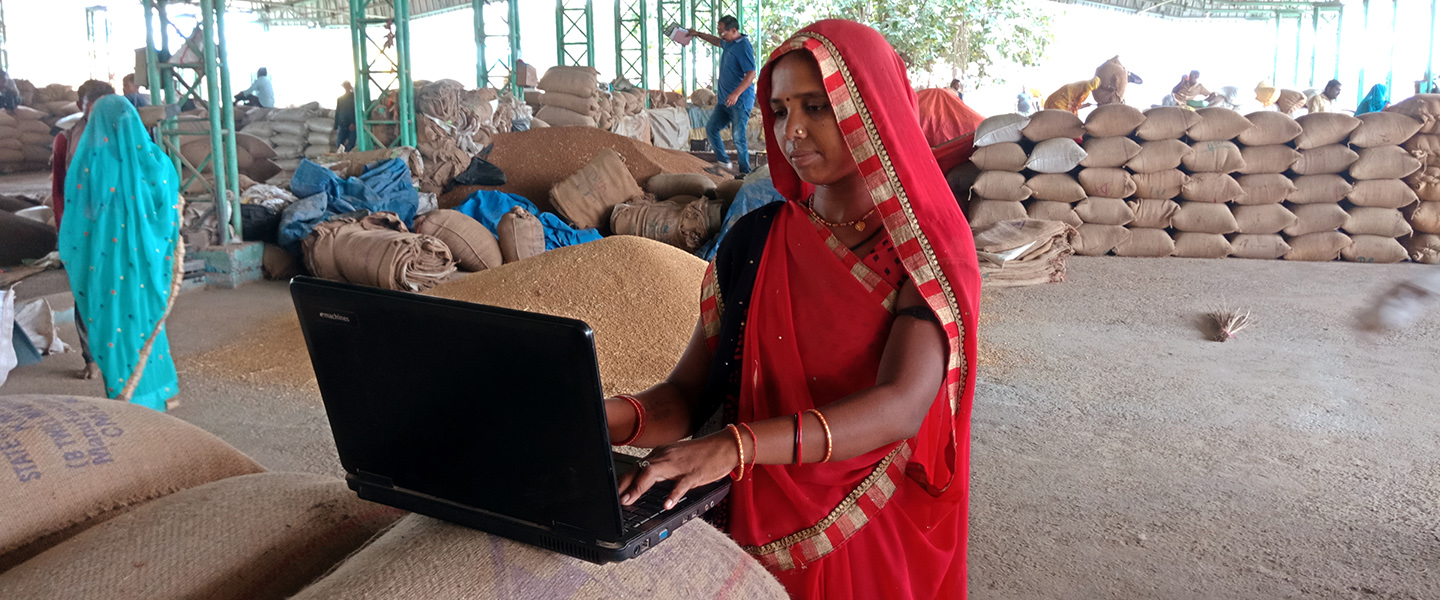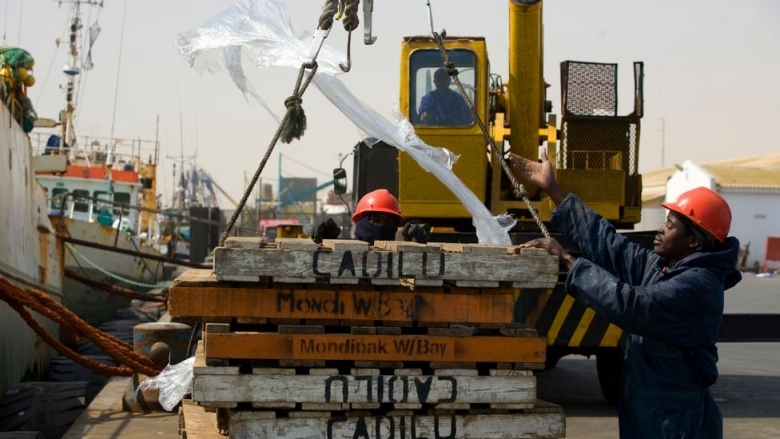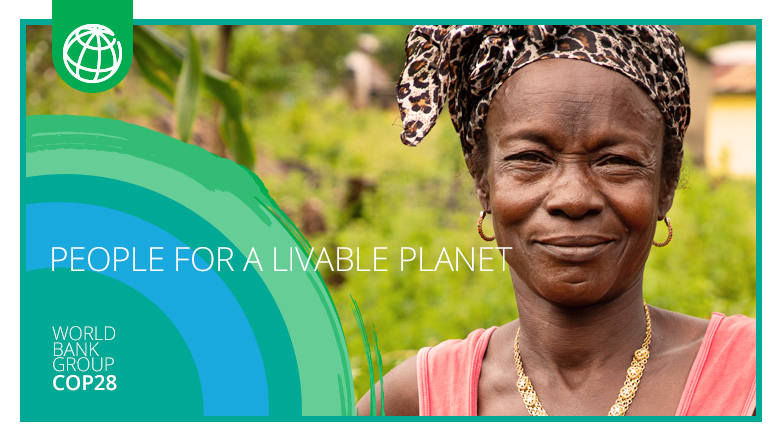The global agenda on poverty and shared prosperity hinges largely on the number and quality of jobs people have.
Amidst mounting challenges disrupting industries and the nature of work, policymakers worldwide are prioritizing strategies to bolster employment, enhance productivity, and activate labor markets, especially within informal economies. But despite the pressing need for robust labor market programs, current expenditures remain starkly inadequate. They hover at 0.3 percent of GDP on average globally, with upper-middle-income nations outspending their low-income counterparts by almost three times.
This highlights a critical gap in addressing the multiple hurdles facing developing nations, from high unemployment to persistent wage disparities and demographic shifts. These challenges vary across countries and regions.
High youth unemployment in many developing countries, such as 12.4% in Sub-Saharan Africa, hinders individual advancement and overall economic growth. Beyond job creation, improving the quality of employment, including fair wages and job security, is important. Wage disparities persist along gender and ethnic lines. In Latin America for instance, the average monthly wage is $500, far below developed countries’ average, potentially perpetuating cycles of poverty and inequality.
Gaps also exist in the form of a skills mismatch between what job seekers possess and what employers need, and technological advancements and green transitions are compounding the challenge.
A challenge that is most acute in low-income countries is the significant size of informal employment as formal job opportunities are limited. Workers engaged in the informal economy lack job security, social protection, and often accept undesirable working conditions. Demographic shifts add further complexity to managing labor markets. In Japan, an shrinking, aging workforce faces a shortage of skilled workers while Sub-Saharan Africa’s youthful population needs jobs to reap its demographic dividend. International migration, while providing opportunity, adds complexity when it comes to integrating migrant workers to address skill shortages or surpluses. At the same time, rapid technological innovation, such as automation and artificial intelligence, alongside the rise of non-traditional work arrangements like gig work pose additional challenges.
A comprehensive approach is necessary to address these formidable challenges. Advancing the global jobs agenda goes beyond policies promoting investments and growth. It requires investing in people, ensuring they have the right skills to get good jobs, are resilient against economic volatility, and able to transition smoothly from lower to higher-productivity jobs.
Labor policies and programs play a crucial role in achieving these objectives. They include labor regulations and insurance programs designed to protect workers and facilitate their move into better employment. Training and job-search assistance help workers in acquiring necessary skills and connect them with job opportunities. These programs further promote labor mobility, both domestically and internationally, and expand access to better economic prospects.
Last Updated: Apr 09, 2024





